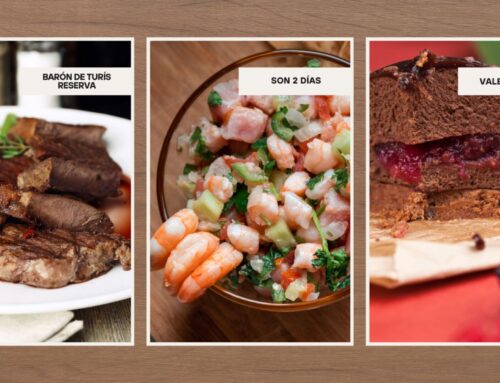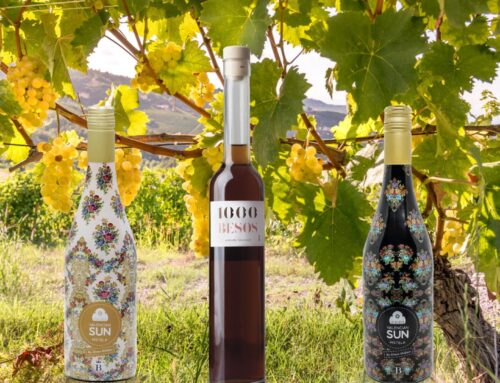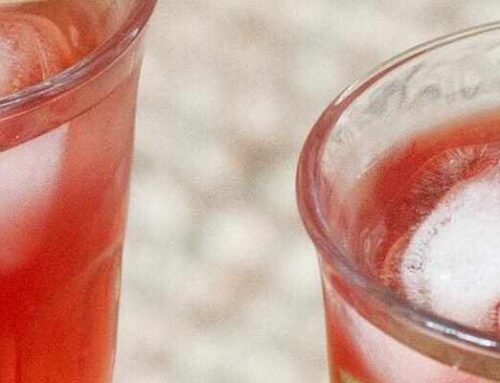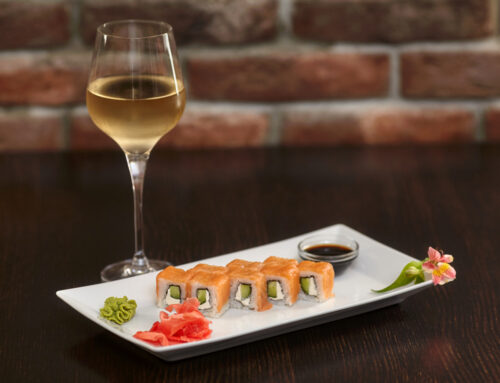In the varied universe of wine, there are two names that often cause confusion among wine lovers: “mistela” or “moscatel”.
Muscatel is a grape variety. This variety can be consumed fresh or it can be used to make wine or to make mistelas.
When we order a muscatel, we are usually asked if we want a dry wine, a fruity wine, a sweet wine or a liqueur wine. But it is true that many people call Moscatel to the sweet wines of Moscatel, either mistelas or sweet wines, and in the area of Malaga, their sweet wines are called Moscatel.
Mistela is a liqueur wine that can be made with Moscatel or with another grape variety. Therefore, when we ask for a mistela we could be asking for a red mistela or a white mistela. The grape varieties most commonly used for mistelas are Moscatel (for white mistela) and Monastrell (for red mistela).
On the basis of sweet wines, the production processes and the final characteristics of a mistela or a sweet muscatel present notable difference that are worth explaining.
Difference between mistela and muscatel:
What is Mistela?
Mistela is a wine liqueur obtained by interrupting the fermentation of the must by adding wine alcohol or wine. As a result of the interruption of fermentation with alcohol, the product obtained has the sugars of the grape, and the alcohol content is due to the alcohol added, leaving a very sweet wine liqueur.
As indicated above, mistelas can be made from different grape varieties.
Mistela de Moscatel is a traditional speciality in several regions of Spain, with the Valencian Community standing out, with our winery, Baronía de Turís, leading the way, whose Mistela Moscatel Turís is considered one of the best in Spain and the world. This is recognised by the large number of international awards it wins every year. Also worthy of mention are the Moscatel mistelas from the province of Alicante, as well as those from Catalonia (in the Penedés and Gerona areas) and Andalusia.

The name “mistela” comes from the Latin “mixticius”, which means “mixture”, and refers to its production process.

The grapes we use at Baronía de Turís to make our famous traditional mistela are from muscatel grapes where we let the grapes themselves ripen in the sun on the vines, thus concentrating the natural sugars.
Baronía de Turís is one of the most important wineries in the Valencian Community in the production of mistelas, both for its high quality and variety. We make mistelas from three different types of grapes: malvasía (Cañamar), merlot (1000 Besos Merlot) and, above all, moscatel. From this grape we have 5 different brands, each with its own personality: Mistela Moscatel de Turís, Mistela Moscatel Selección, Dona Dolça, Valencian Sun and 1000 Besos Selección.
What is sweet Muscatel?
Sweet Muscatel, on the other hand, is a wine made from the complete fermentation of the must of the Muscatel grape.
The sweet muscatel in the Malaga style is characterised by the fact that, as well as ripening the grapes in the sun on the vine, once they have been harvested, they are left to dry in the sun for a prolonged period of time in order to achieve a higher concentration of natural sugar.
The Muscat grape has an important presence in Spain, being cultivated in several wine regions. Some of the most renowned are Malaga and Sierras de Malaga, with its famous sweet Muscatel wines, and the Valencian Community, especially in the Denomination of Origin Valencia, where high quality Muscatel wines are produced, both as dry white wines, fruity wines, sweet wines, sparkling wines and its variety of mistelas. In fact, Muscatel is the main grape variety grown in the Baronía de Turís.

Conclusion
It is not possible to say whether muscatel mistela or sweet muscatel wine is better, it is a personal journey, a taste and sensory exploration that cannot be simplified into a simple verdict of ‘better’ or ‘worse’. The choice between these two wines is mostly a matter of individual preference, based on experience and affinity for certain nuances and flavour profiles.
These wines are not simply beverages, they are liquid narratives of our heritage, carriers of stories and traditions that have been passed down from generation to generation. Therefore, they deserve not only to be tasted, but also to be fully appreciated, celebrated for their uniqueness and valued for the cultural richness they represent.
We invite you to embark on this journey of personal discovery: taste, savour and reflect. And choose your favourite. In our case, at Baronía de Turís, between mistela and a sweet muscatel wine, we have a clear choice: our tradition and experience in making mistela makes us opt for it.





